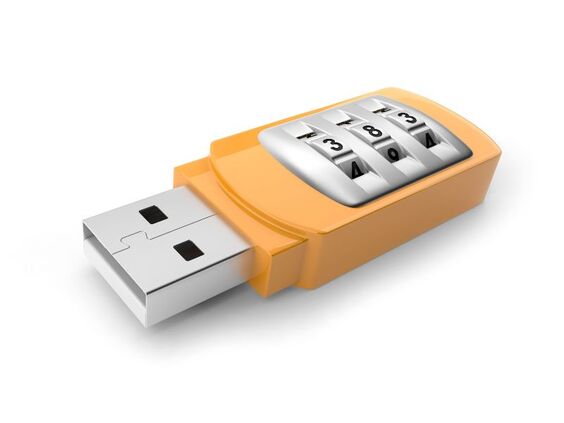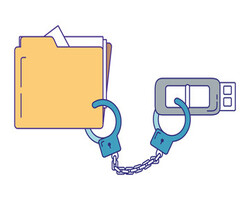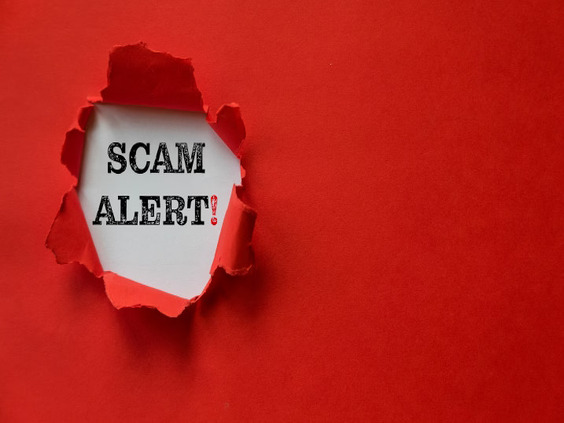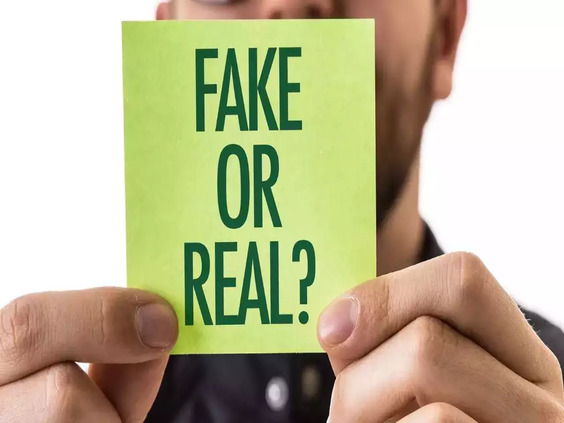

In today’s digitized policing environment, USB storage devices (a.k.a. pen drives) are as common as handcuffs. From transferring FIRs, CCTV footage, and case files to sharing intelligence memos, these little devices are incredibly convenient—but they come with big security risks.
Whether you’re a cyber cell officer, beat constable, or investigator, using USB drives without proper precautions can leave critical police data wide open to cybercriminals.
Let’s break down why USB security is non-negotiable for modern policing—and how you can guard your data like your duty.
The Silent Threat: How USB Devices Become Cyber Weapons
USB devices are often used as entry points by attackers. In fact, one infected USB stick can compromise an entire police station network within seconds of being plugged in.
Real-World Case:
In 2016, a nuclear power plant in Germany was infected with malware traced back to an unauthorized USB drive. The malware had the potential to disable safety systems. If such an incident can happen at a high-security plant, imagine what it could do to a police network.
Common USB Threats Faced by Police Departments:
- Malware and ransomware infections
- Data theft and leaks
- USB baiting (where infected USBs are “accidentally” dropped in public)
- Unauthorized data copying
- Device hijacking or data corruption
Why Policemen Must Be Extra Cautious
Your USB drive might contain:
- Case reports and FIRs
- Witness or victim statements
- Forensic and crime scene photos
- Surveillance footage
- Internal memos and intelligence reports
If these fall into the wrong hands, it could compromise ongoing investigations, endanger lives, or even result in national security breaches.
Best Practices to Secure USB Storage Devices
1. Enforce a USB Security Policy at the Station
- Only authorized personnel should be allowed to use USB devices.
- Maintain a USB usage logbook to record who used which device and when.
- Install USB control software that can block unauthorized devices from connecting.
2. Scan Every Device Before Use
- Use updated antivirus software to scan every USB device before plugging it into an official system.
- Prefer government-approved tools like K7, Quick Heal, or eScan Endpoint for scanning.
3. Low-Level Format New Devices
- Before using a new USB stick, low format it to erase any pre-installed malware or tracking software.
- This reduces risks from baited or promotional USB devices.
How to Prevent Data Theft or Misuse
A. Encrypt Sensitive Data
- Use built-in tools like BitLocker (Windows) or Veracrypt to encrypt sensitive files.
- If the USB is lost or stolen, the data remains unreadable.
B. Use Password Protection
- Some USB drives offer hardware-level password protection. Use them.
- Passwords should be complex—mix uppercase, lowercase, numbers, and symbols.
C. Limit AutoPlay Settings
- Disable AutoRun/AutoPlay on police computers to prevent malware from auto-launching when a USB is inserted.
Monitor and Audit USB Usage
- Use USB auditing tools like USBDeview or Endpoint Protector to track:
- Who connected what device
- What data was copied
- Any suspicious file activity
What To Do If a USB Device Is Lost
- Act Immediately: Notify your superior and the station’s cybersecurity officer.
- Change All Passwords: If the USB contained login details, update them without delay.
- Block Access: Disable any system access the drive might have had.
- Launch Internal Audit: Review CCTV footage, access logs, and digital records.
- Encrypt Next Time: Use this as a learning opportunity—never store unencrypted sensitive data.
Physical Security is Just as Important
- Keep USB drives attached to keychains or ID lanyards.
- Never leave a USB drive unattended on a desk, police vehicle, or public area.
- Use locked drawers or safes to store drives with sensitive case data.
Dos and Don’ts for Policemen Handling USB Drives
✅ DOs
- Do scan every USB before use.
- Do format new USBs before using them.
- Do use encryption for confidential files.
- Do delete data securely using file shredders.
- Do educate fellow officers on USB safety protocols.
❌ DON’Ts
- Don’t use promotional USBs from unknown sources.
- Don’t copy sensitive info without logging and authorization.
- Don’t use personal USBs on official systems.
- Don’t plug USBs into internet café or hotel computers.
- Don’t forward infected or suspicious files from USBs.
Cybercrime Stats That Policemen Should Know
- 70% of malware attacks on government systems in India are delivered via USB devices, according to CERT-In.
- Over 55% of cybercrime cases in Tier-2 cities in 2023 involved data theft from compromised USB drives.
- USB baiting attacks have increased by 47% in the last 2 years, with police departments being soft targets.
Tools Every Police Station Should Use for USB Security
|
Need |
Suggested Tool |
|
Malware Scanning |
Renowned Antivirus, Renowned Total Security |
|
Encryption |
BitLocker, VeraCrypt |
|
USB Access Monitoring |
USBDeview, Endpoint Protector |
|
Password Management |
Bitwarden, LastPass |
|
Secure Data Deletion |
Eraser, BleachBit |
Keep Officers Informed
- Organize monthly cyber hygiene sessions.
- Conduct mock drills—"What if a USB drive gets infected?"
- Invite cybercrime experts to train on the risks of device-based data breaches.
Conclusion: Small Device, Big Threat
In the hands of a law-abiding officer, a USB device is a useful tool. In the hands of a hacker, it’s a ticking time bomb.
As police forces across India modernize with CCTNS (Crime and Criminal Tracking Network & Systems), and other digital policing tools, securing USB devices becomes as critical as locking a weapon locker.
It’s not about being paranoid—it’s about being prepared.
Next time you plug in a USB drive, ask yourself: Is this secure enough to protect the nation’s data?
If your USB isn’t secure, neither is your investigation. Secure your drives like you secure your evidence.
Cyber Hygiene Foundation
- CyberAwareness CyberSafety PersonalDataProtection SafeInternetForAll CyberHygieneForAll NetworkDefense
You May Also Like It
Understanding the Growing Threat of Loan Frauds Loan frauds have become
In your role as protectors of law and order, you
Leave A Comment
Don’t worry ! your e-mail address will not published.








0 Comments